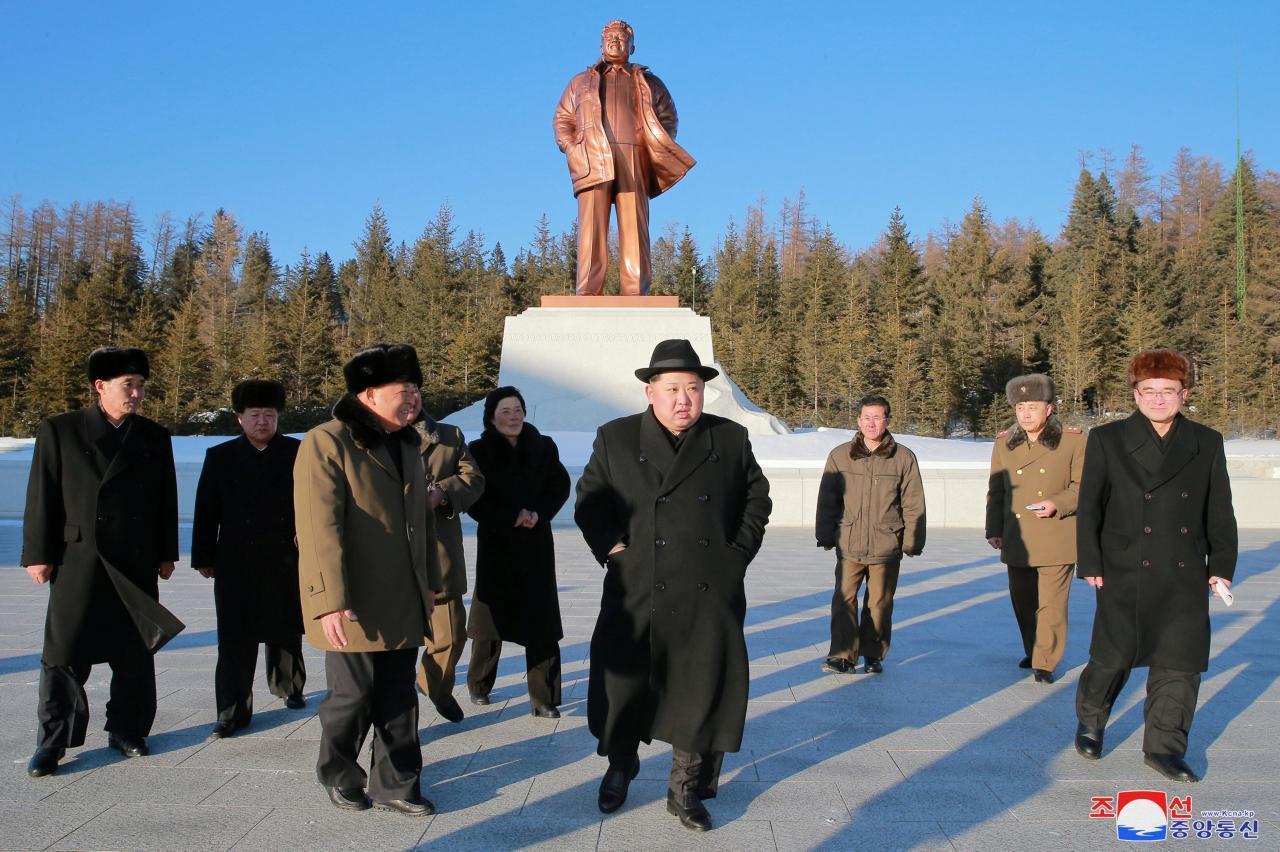Japan, US, South Korea to hold missile tracking drill amid North Korea crisis
TOKYO

The United States, Japan and South Korea are set to hold two days of missile tracking drills starting on Dec. 11, Japan’s Maritime Self-Defense Force said, as tensions rise in the region over North Korea’s fast-developing weapons programs.
The United States and South Korea conducted large-scale military drills last week, which the North said made the outbreak of war “an established fact.”
North Korea has fired missiles over Japan as it pursues nuclear weapons and ballistic missiles in defiance of U.N. sanctions and international condemnation. On Nov. 29, it test-fired an intercontinental ballistic missile which it said was its most advanced yet, capable of reaching the mainland United States.
This week’s exercises will be the sixth drills sharing information in tracking ballistic missiles among the three nations, the defense force said.
It did not say whether the controversial THAAD system would be involved. The installation of the U.S. Terminal High Altitude Area Defense system in South Korea has angered China, which fears its powerful radar could look deep into China and threaten its own security.
North Korea’s missile test last month prompted a U.S. warning that North Korea’s leadership would be “utterly destroyed” if war were to break out. The Pentagon has mounted repeated shows of force after North Korean tests.
The United States has also pressured China and other nations to cut trade and diplomatic ties with North Korea, as part of international efforts to dry up Pyongyang’s illegal cash flows that could fund its weapons programs.
On Dec. 10, South Korea said it would impose new unilateral sanctions on 20 institutions and a dozen individuals in North Korea, barring any financial transactions between those sanctioned and any South Koreans.
“This unilateral sanction will prevent illegal funds flowing to North Korea and contribute to reinforce international communities’ sanctions against North Korea,” South Korea’s Finance Ministry said in a statement.
The move is largely symbolic as trade and financial exchanges between the two Koreas have been barred since May 2010 following the torpedoing of a South Korean warship, which the North denied.
Meanwhile, the U.N. said its political chief and North Korea’s Foreign Minister agreed that the current situation on the Korean peninsula is the most dangerous security issue in the world.
U.N. Undersecretary-General for Political Affairs Jeffrey Feltman returned on Dec. 8 from a four-day visit to North Korea, where he met with officials including North Korean Foreign Minister Ri Yong Ho.
U.N. spokesman Stephane Dujarric said on Dec. 9 that Feltman and his hosts agreed that the Korean situation is “the most tense and dangerous peace and security issue” in the world today.”
















